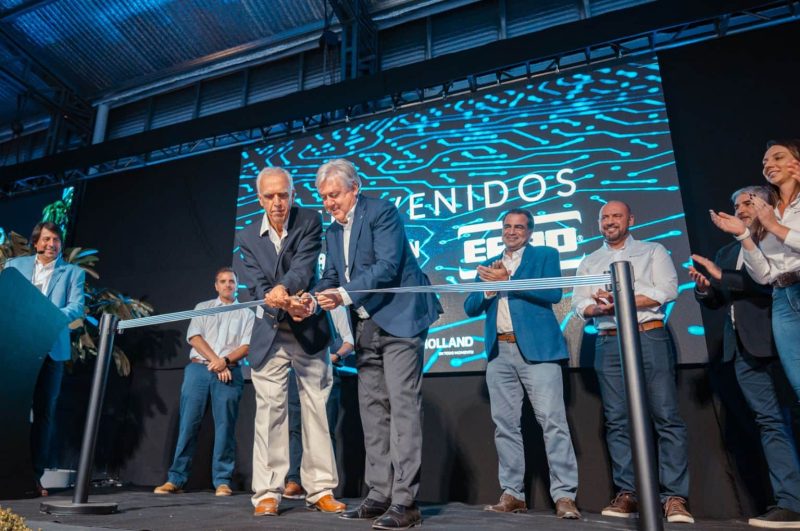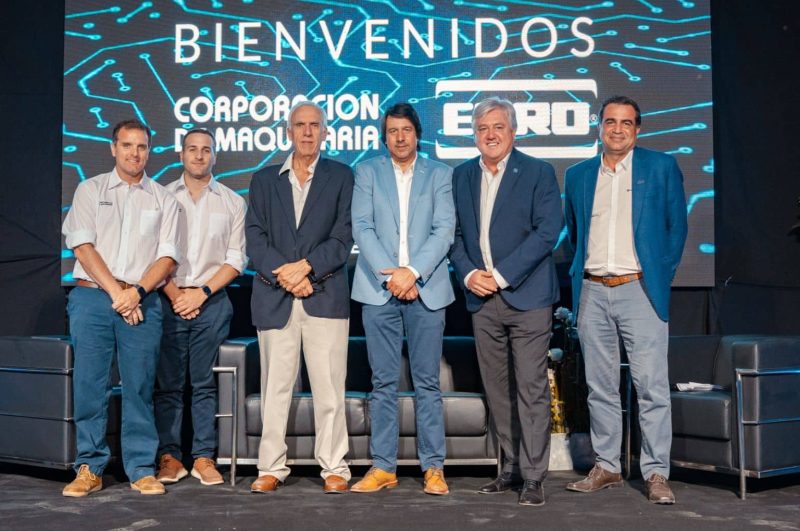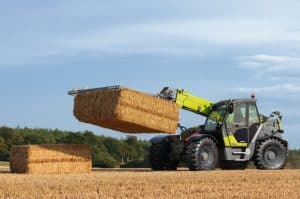New Holland further expands its concept of Smart Dealerships with Corporación de Maquinaria S.A. (COMASA) in Uruguay. In the presence of New Holland’s Global President, Carlo Lambro, and the Regional Vice President for Latin America, Eduardo Luis, the official NewHolland distributor in Uruguay inaugurated the first Smart Dealer in the country, 100% focused on customer experience.
The new Smart Dealer, located in Salto, covers 1,400 square meters and works with trained and skilled personnel to serve their customers. In addition, the new branch includes multiple sustainable initiatives, such as electric forklifts, an electronic filing system to reduce paper consumption, LED lighting throughout the facilities and systems for collecting all the oil used in the workshops, among others.
“This inauguration is a new opportunity for New Holland in the region and especially in Uruguay. The new dealer concept that we have been implementing, shows our interest in strengthening the bond with our customers, accompanying them at all times and providing them with the best tools to achieve their goals,” said Juliano Mendonca, New Holland’s marketing manager for Latin America.
Ignacio Erro, COMASA’s Commercial Manager, celebrated the opening of the Smart Dealer and ratified the commitment to the agricultural sector: “We are 30 years old as a company, and this anniversary comes with the satisfaction of having overcome a challenging year. We decided to open the branch in Salto in the middle of the 2023 drought because we are confident in the potential of the sector and its resilience”.
This new Smart Dealer concept implemented by New Holland in recent years includes commercial offices, workshop, spare parts warehouse, Intelligence Center and cafeteria, among other innovations that strengthen the bond with the customer and provides efficient service.
The Intelligence Center is one of the most outstanding features of the Smart Dealers, since it allows remote monitoring and management of agricultural machinery in the field. In this way, potential problems can be anticipated in real time, optimizing producers’ time and resources.

![RightSpot Ad Template Digital-1400×190-px[76] Ag Leader RightSpot](https://world-agritech.com/wp-content/uploads/elementor/thumbs/RightSpot-Ad-Template-Digital-1400x190-px76-r316mmc0hgoob9qxmklllnnbxta1nlj7t2vjkoyeek.png)









